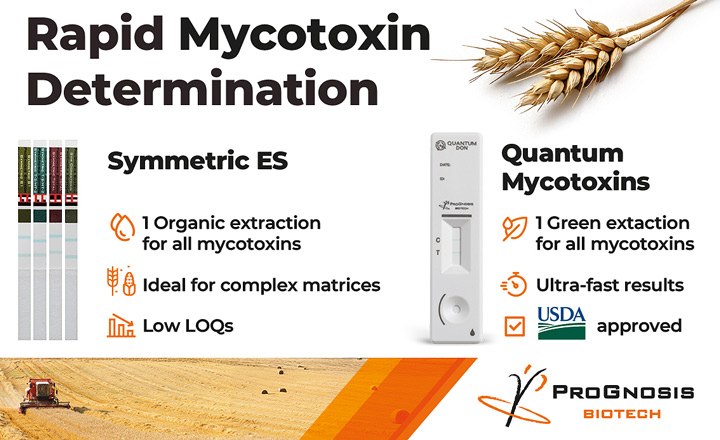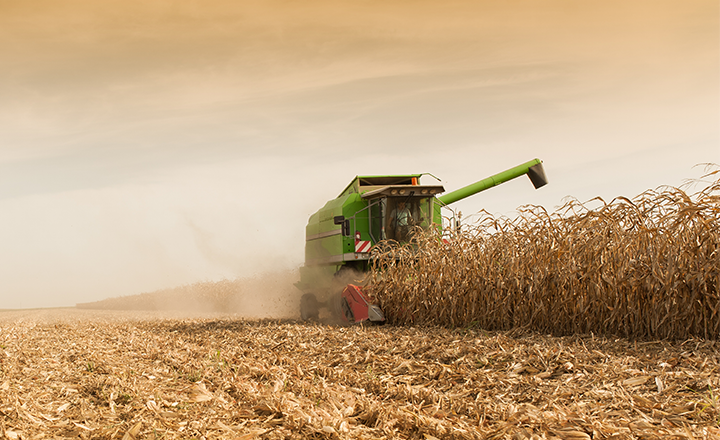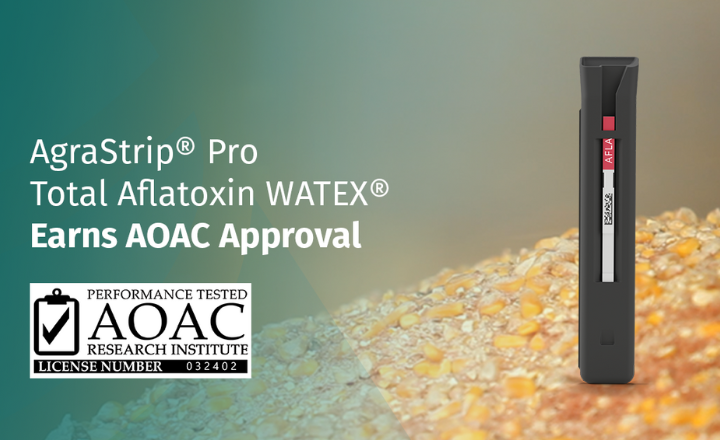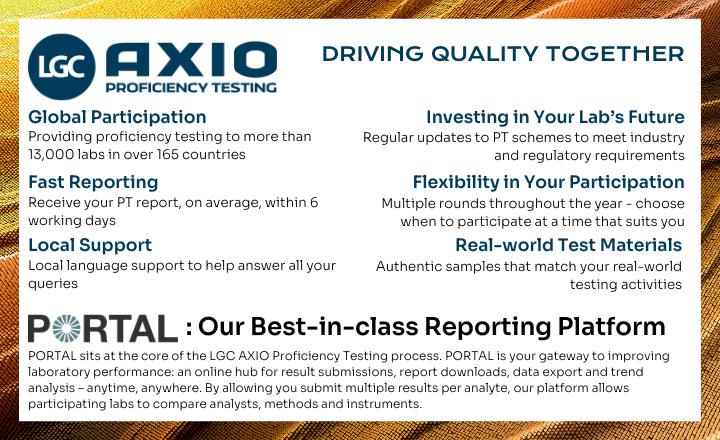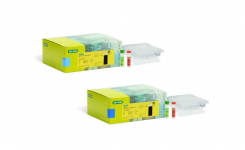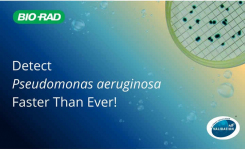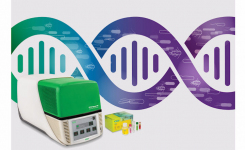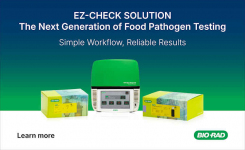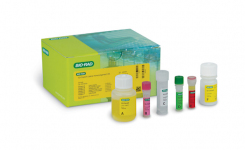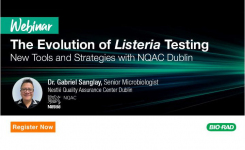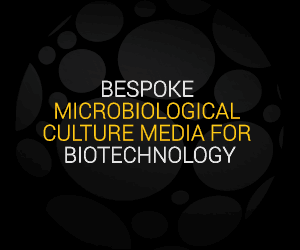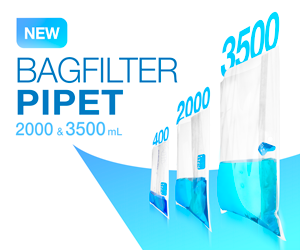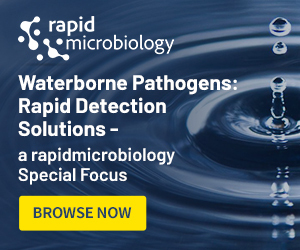Introduction: We breathe in spores of Aspergillus on a daily basis, and the majority of its species are harmless. But for the cannabis industry, there are four species (A. fumigatus, A. flavus, A. niger and A. terreus) that are considered a health risk to medicinal cannabis users who have underlying health conditions.
However, harmonized testing for Aspergillus is not the reality across the US, with some states requiring speciation and others simply a general screening for yeast and mold.
Amrita Puri, Field Marketing Specialist at Bio-Rad, discusses with rapidmicrobiology the quagmire of US testing for Aspergillus and how the Bio-Rad iQ-Check Aspergillus kit, a culture and RT-PCR-based kit detects the four potentially harmful Aspergillus species in 48 hrs, reduces the chance of PCR inhibition and ensures only live cells are detected.
Q. Why are pathogens such an issue for cannabis producers and not (for example) tobacco producers?
Amrita: Cannabis and tobacco are equally prone to microbial contamination. Because both plants are grown in the environment, they can be naturally contaminated with pesticides, mold, or bacteria.
Microbiological contaminants such as bacteria can be present at very low levels, as little as one colony forming unit (CFU) per sample size and may pose a serious risk to humans because they might produce toxins. Contamination can occur at growth, harvest, extraction, or even storage.
While the focus on tobacco has been on the impact of chemicals and particulates produced when tobacco is burned, studies are indicating the presence of potentially pathogenic microbes as well. However, cannabis and its derivatives, are not only used recreationally but also for their medicinal benefits in children and the aged population in the form of edibles. Therefore, the onus is on the producers to ensure product safety for everyone
Q. Is end product testing the best approach or should environmental monitoring be part of the routine schedule?
Amrita: By looking at other industries as a guide, for example, food processing, the cannabis industry would benefit tremendously from adopting an environmental monitoring program. At the moment, this is not required by state regulations.
The cannabis flower, leaves, roots, equipment as well as surfaces are all prone to microbial contamination. A comprehensive environmental monitoring program significantly reduces the risk of product recalls. We don’t have to wait for a massive recall or an outbreak to mandate these proven testing practices. Because cannabis is used in so many different forms, producers need to conduct a risk assessment of their manufacturing processes and integrate the appropriate microbial tests that would ensure consumer safety.
Q. In your opinion, why have some states opted to test for Aspergillus and others not?
Amrita: Some states screen for Total Yeast and Mold (TYM) as an indicator for the presence of yeast and mold in cannabis. While it is an indicator, this test cannot differentiate between pathogenic and non-pathogenic yeast and mold.
Whilst Aspergillus spp. fall under the yeast and mold category, they have the potential to produce mycotoxins that can cause fatal infections in humans. Even though some states prefer the TYM route as a broader screening method, other states choose to specifically screen for four pathogenic Aspergillus species that are very difficult to identify on a TYM agar plate morphologically.
Additionally, because of the environment cannabis grows in, it is naturally susceptible to a high fungal burden, both beneficial and harmful. The TYM approach can hurt producers because they could fail the test due to a high concentration of beneficial yeast and mold, or conversely, they could pass the test because their sample contains a high level of Aspergillus that’s below the acceptable limit for yeast and mold. (Example: Colorado (US) has a threshold limit of ≤10,000 CFU/g and does not require Aspergillus testing. Ref: Page 137, Section E, Table 1 download here)
Q. How does the Bio-Rad’s Aspergillus PCR test compare to similar tests on the market?
Amrita: The iQ-Check Aspergillus kit offers several significant advantages over other Aspergillus testing methods.
- The single enrichment step and fast real-time PCR analysis enable results in 48 hrs and significantly quicker turnaround time compared with culture techniques. This can be especially important for determining next steps in cannabis processing and distributions where time is of the essence.
- The all-in-one inclusion of methods, reagents, and instrument capability means replicate tests can be run on a central platform in parallel with other iQ-Check tests.
- An internal positive control reduces the risks of false-negative results during test analysis.
- The iQ-Check Aspergillus kit has been validated both internally and externally and adheres to third-party validation and certification requirements. (The kit has been designed in compliance with the AOAC CASP (Cannabis Analytical Science Program) SMPR (Standard Method Performance Requirements) - download here).
Q. What complications arise when validating microbial test methods in the cannabis matrix?
Amrita: Microbiological contaminants such as Salmonella, Shiga toxin-producing E. coli, and Aspergillus spp. can go unidentified or misidentified in cannabis if vetted methods are not used for testing. For example, because these microorganisms can survive at very low levels under extreme environmental conditions, resuscitating sub-lethally injured cells in a high nutrient medium, in the presence of competing background flora, is critical.
Detection methods that do not require an enrichment step can result in false-negative results. Enrichment of microbes from cannabis products must be a prerequisite for accurate detection. Aspergillus spp. can be cultured on agar media, but not only are they very slow growers, but it is also extremely difficult to differentiate the four species (A. fumigatus, A. flavus, A. niger and A. terreus) from ‘acceptable’ Aspergillus, morphologically on a plate, which can lead to misidentification.
Bio-Rad launched the iQ-Check Aspergillus spp. kit in 2019, an internally and externally validated multiplex assay that has been adopted by leading cannabis testing labs in the country. A molecular approach to detecting Aspergillus spp. is not only more sensitive, but it is also a more accurate way to detect the microorganism. Given the complex nature of cannabis matrices, inhibition of PCR reactions is not uncommon.
To address this, Bio-Rad kits not only have an internal amplification control but also offer other options to eliminate PCR inhibition. In addition, we also offer a solution to ensure the user is only detecting a signal from a live cell and not free DNA, something that can occur due to desiccation or heat-processing of cannabis samples.
Q. What type of support can Bio-Rad provide to laboratories?
Amrita: Bio-Rad offers molecular and culture-based diagnostic tools for the rapid detection of pathogens in cannabis and cannabis-infused products. These include:
- Bio-Rad’s iQ-Check kits, which are based on gene amplification and detection by the use of real-time PCR and ready-to-use reagents and are optimized for microbial detection and identification in cannabis. PCR technology offers sensitive, specific and quick turnaround of results. Complex matrices contain inhibitory compounds that can shut down a PCR reaction. Following years of dedicated research and development, we have designed an array of robust PCR master mixes with the inclusion of an internal amplification control that reduces the risk of false-negative results.
- Bio-Rad’s CFX96 Touch Deep Well Real-Time PCR Detection System provides a powerful platform for high-throughput microbial testing applications - an essential complement to iQ-Check kits. Bio-Rad manufactures the instrument and provides top-notch technical support to its customers.
- The iQ-Check Prep Automation solution is dedicated to running the complete range of iQ-Check PCR test kits for high-throughput microbial testing. Automating the workflow frees up technician time by allowing walk away sample processing.
- As a complete solution provider, we also offer enrichment media and RAPID’Chromogenic media for easy bacterial detection, identification and quality indicator enumeration. Media offers cost-effective labor-saving protocols to detect and enumerate microbes, quickly and thoroughly.
- 24x7 Customer Support- Bio-Rad prides itself in offering the best customer care and support around the clock.
To learn more visit Bio-Rad's Cannabis Microbial Testing page




